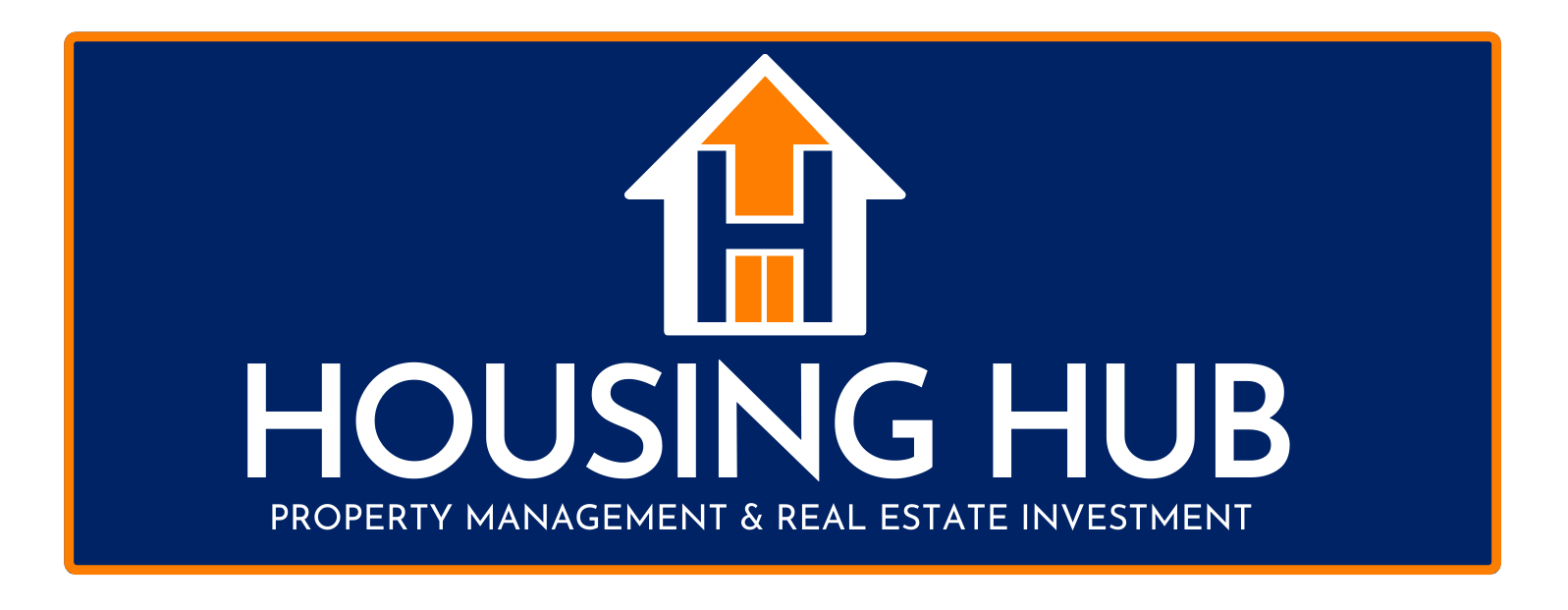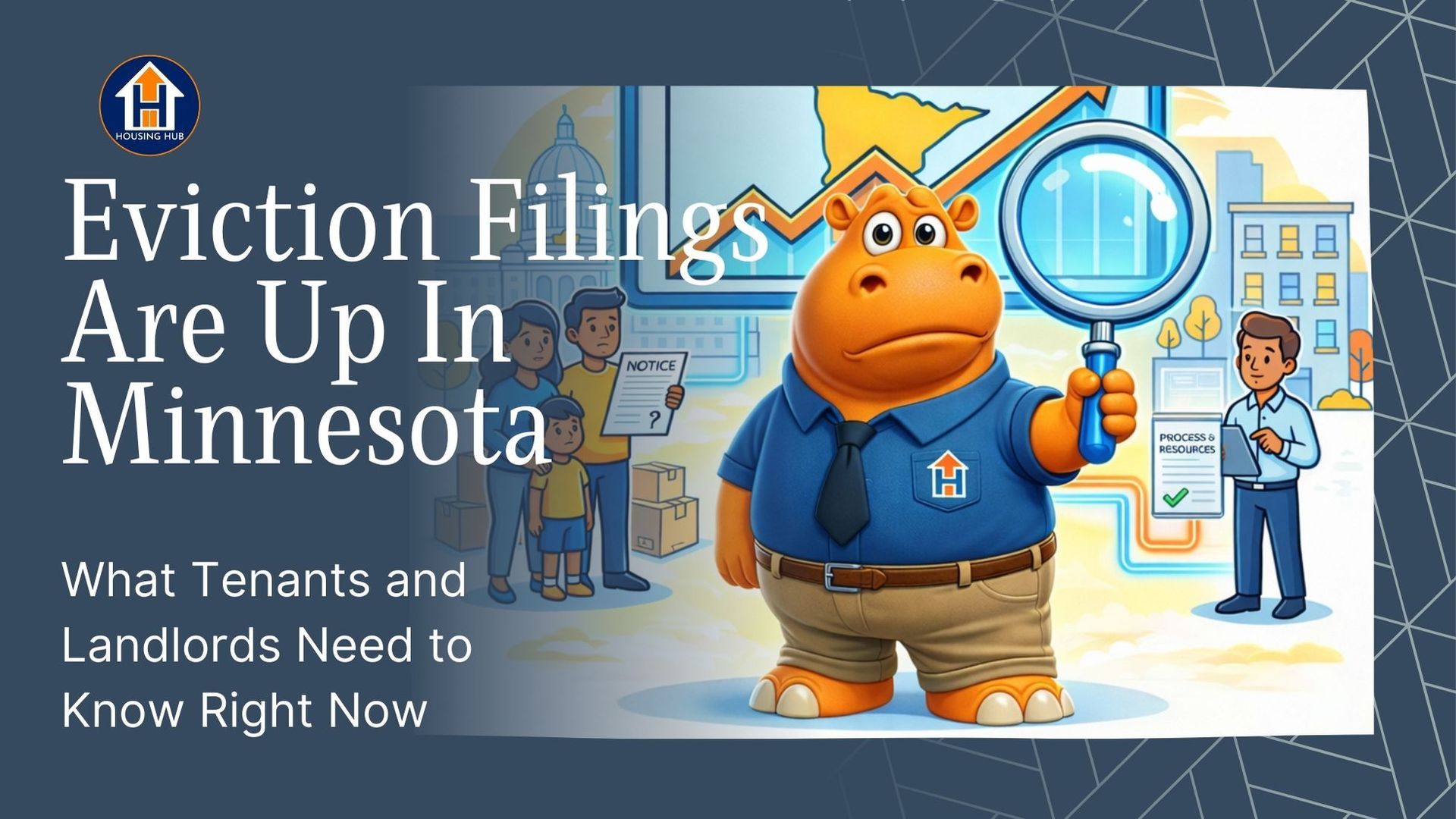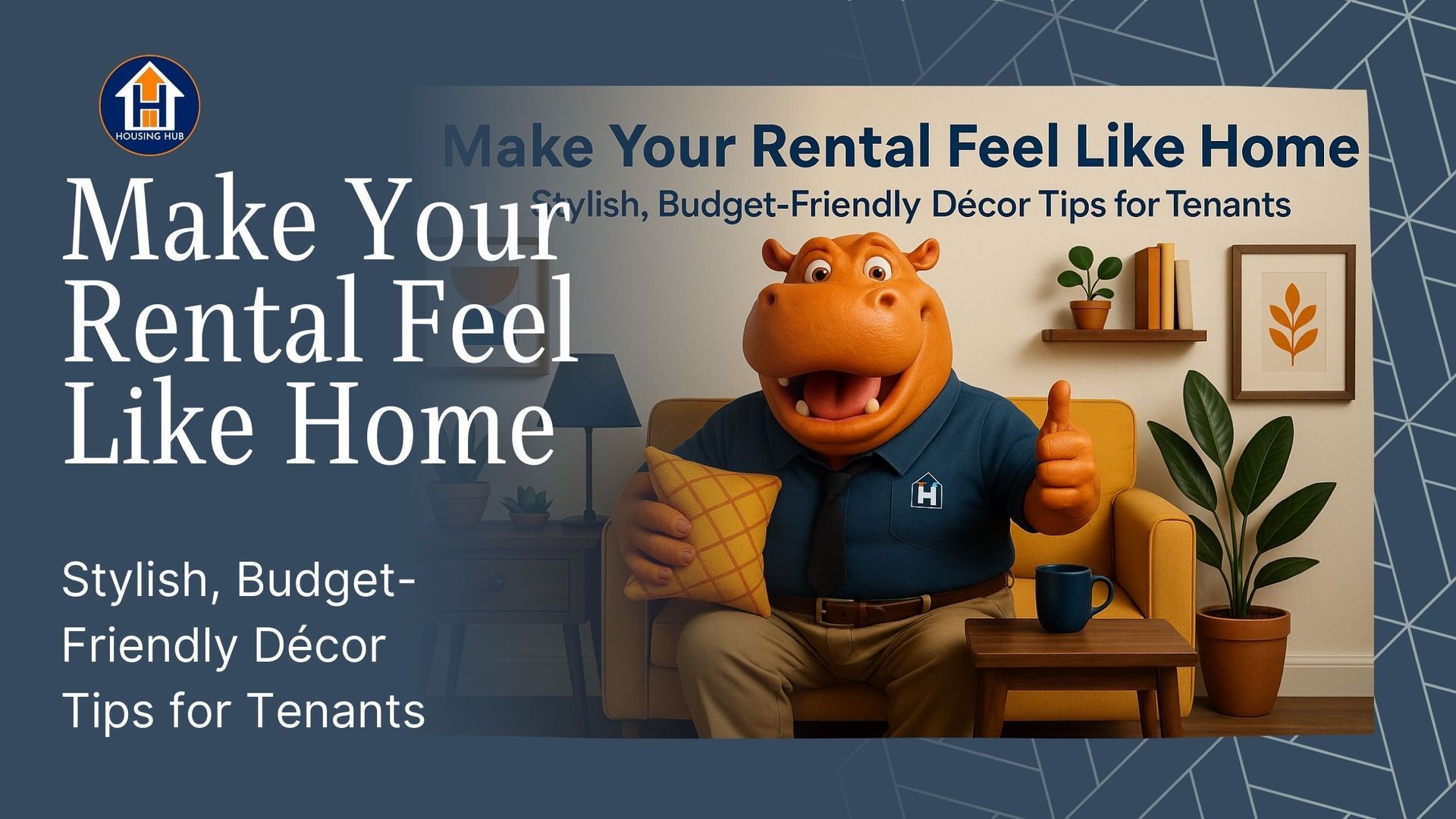How to Enhance Tenant Retention in Multi-Family Units
Keeping tenants happy and ensuring they stay longer can be a challenge for property owners. Tenants who feel valued and secure in their rental homes are more likely to renew their leases and maintain good relationships with property owners. The key to achieving this lies in building strong relationships and creating a comfortable and safe living environment for all tenants.
One of the most crucial aspects of tenant retention is fostering a connection with your tenants. By showing that you care about their well-being and promptly addressing their concerns, you create a sense of trust and loyalty. This not only benefits the tenants but also reduces turnover rates and helps maintain a steady income for property owners.
Furthermore, implementing additional incentives and enhancements for long-term tenants can make a significant difference in their satisfaction levels. Providing modern amenities and ensuring effective communication can greatly enhance the tenant experience and encourage them to stay longer. By focusing on these strategies, property owners can create a positive and stable living environment that benefits both tenants and themselves.
Building Strong Relationships with Your Tenants
Building good relationships with tenants is essential for retaining them long-term. We focus on fostering trust and creating a sense of community within our properties and keeping consistent communication at Housing Hub. Showing genuine interest in their well-being and responding to their needs promptly makes a big difference. Simple gestures like remembering their names, acknowledging special occasions, and being approachable can go a long way in making tenants feel valued and respected.
Regularly checking in with tenants can also help identify any issues before they become major problems. Whether through casual conversations or more formal surveys, gathering tenant feedback allows us to make necessary improvements and address concerns swiftly, which we always strive to do. This proactive approach helps build positive relationships and makes tenants more likely to renew their leases.
Creating a Comfortable and Safe Living Environment
Ensuring that rental properties are comfortable and safe is a top priority. A well-maintained property with up-to-date amenities attracts and retains quality tenants. We conduct regular inspections and maintenance to keep the property in good condition, addressing any repairs promptly. This includes everything from fixing leaky faucets to updating appliances and ensuring all safety measures are in place.
Additionally, enhancing security features significantly contributes to tenants' sense of safety. Installing secure entry systems, well-lit common areas, and visible security cameras helps deter crime and makes tenants feel protected. By providing a secure environment, we enhance tenant satisfaction and retention, as they are more likely to stay if they feel safe in their homes. Implementing these practices creates a comfortable and secure place that tenants are proud to call home.
Effective Communication and Responsiveness as Key Retention Strategies
Maintaining open lines of communication is critical for good tenant relationships. Being responsive to tenants' inquiries and concerns ensures that they feel heard and respected. We prioritize timely responses to maintenance requests and other issues, often by using efficient communication tools like tenant portals and mobile apps to streamline the process.
Regular updates about property improvements, community events, and essential information help keep tenants informed and engaged. Hosting community meetings or sending out newsletters can foster a sense of belonging among tenants. When tenants feel they are part of a community and that their concerns are promptly addressed, they tend to stay longer, reducing turnover and maintaining a stable, satisfied tenant base.
Creating a positive living experience for tenants is essential for property owners looking to retain their tenants for the long term. Building strong relationships, ensuring comfort and safety, and maintaining effective communication all contribute to tenant satisfaction and loyalty. By focusing on these strategies, we create environments where tenants are happy to reside and renew their leases.
Keeping rental properties well-managed and tenant-friendly is crucial for maintaining a steady income and reducing turnover rates. As we continue to navigate the
property management landscape, emphasizing tenant retention through these methods will benefit both property owners and tenants alike. Contact Housing Hub today to find out how we can help manage your properties effectively and keep your tenants happy for the long haul.






